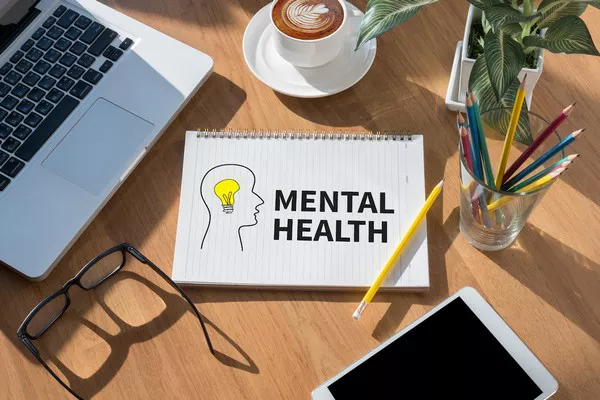Recent data from a CDC study has highlighted a concerning trend in pediatric mental health, with over one million emergency room visits involving children and adolescents with mental health issues each year. The nationwide statistics reveal an eight percent increase in pediatric mental health-related emergency room visits since 2015, with an even more pronounced escalation in Southeast Florida.
Oscar Gonzalez, Director of Social Work at Joe DiMaggio Children’s Hospital, expressed his observations on the concerning surge in such emergency room visits, stating, “It’s shifting ever constant the numbers, so to say them, it’s a trend for certain is the right way we have been seeing an upward trend of kids coming in.”
Gonzalez pointed out that there has been a notable 21 percent increase since 2020 in parents bringing their children to emergency rooms for mental health crises or intervention, indicating a growing need for immediate attention and support.
When addressing the driving forces behind this alarming trend, Gonzalez highlighted the “pandemic paradox.” He emphasized that while many efforts were focused on mitigating the dangers of the pandemic, the unintended consequences, referred to as sequelae, are now surfacing in the form of increased mental health challenges among young people.
“In 2022, Joe DiMaggio Children’s Hospital responded to the escalating demand by introducing round-the-clock mental health care services and expanding its staff to effectively manage the surge in volume,” Gonzalez stated. This proactive approach aligns with the hospital’s focus on addressing social determinants of health, examining external factors and environmental stressors that contribute to the rising mental health needs in the pediatric population.
Gonzalez emphasized that the transition from grade school to high school, often around the age of 14, is a critical period where many mental health issues in children first surface. This transition, influenced by hormonal changes and a shift in environment, commonly introduces increased social and academic pressures.
The healthcare community recognizes the urgency of responding to this growing crisis in pediatric mental health. As emergency rooms become the frontline for addressing these issues, healthcare institutions are adapting by enhancing their services and resources to meet the evolving needs of children and adolescents experiencing mental health challenges. The collaboration between healthcare providers, parents, and the community at large is crucial in effectively addressing and mitigating the impact of this concerning trend.


